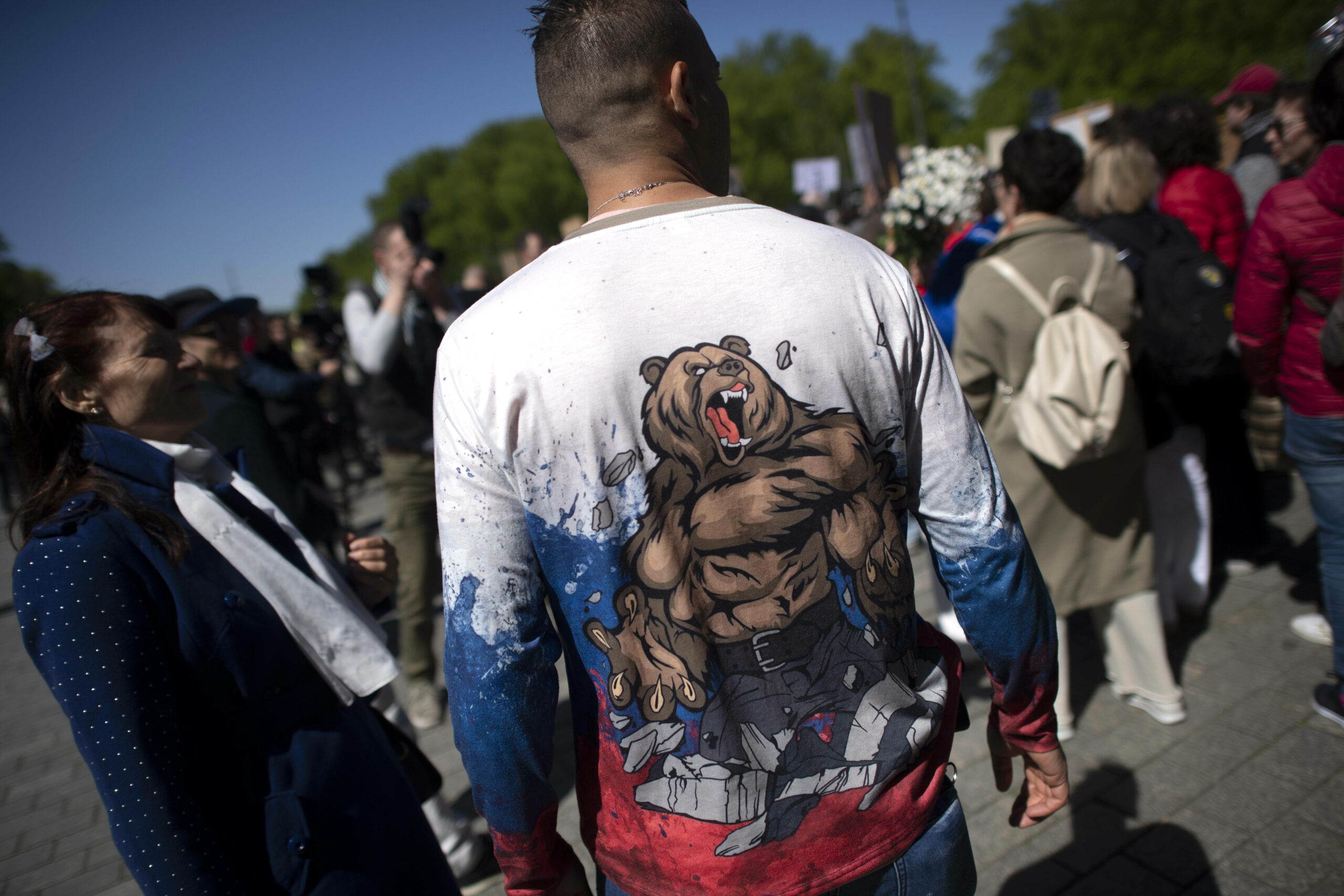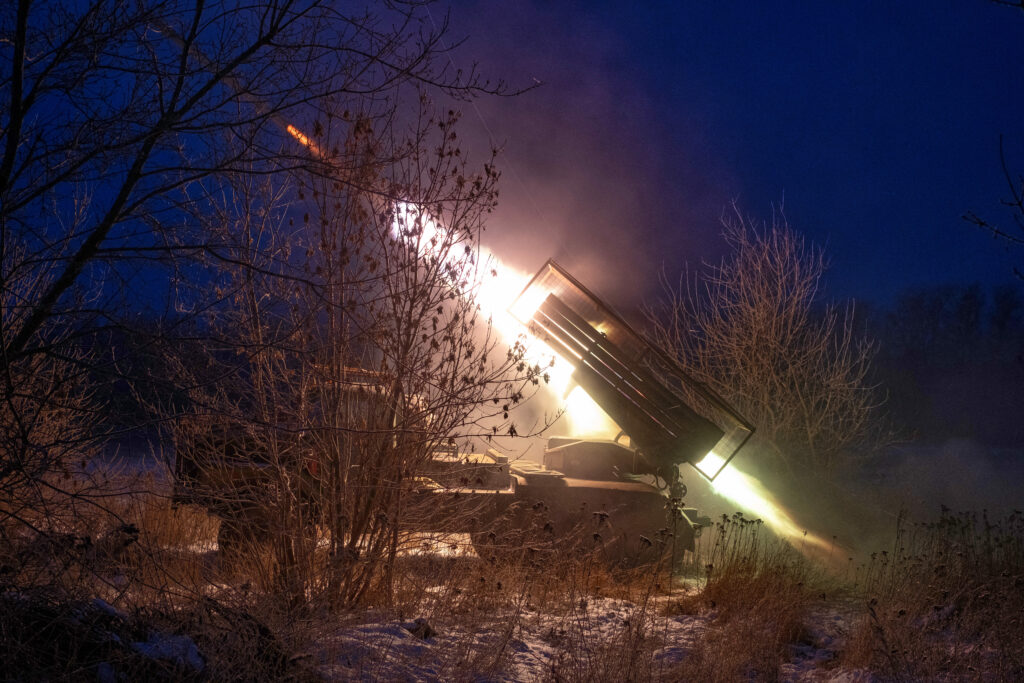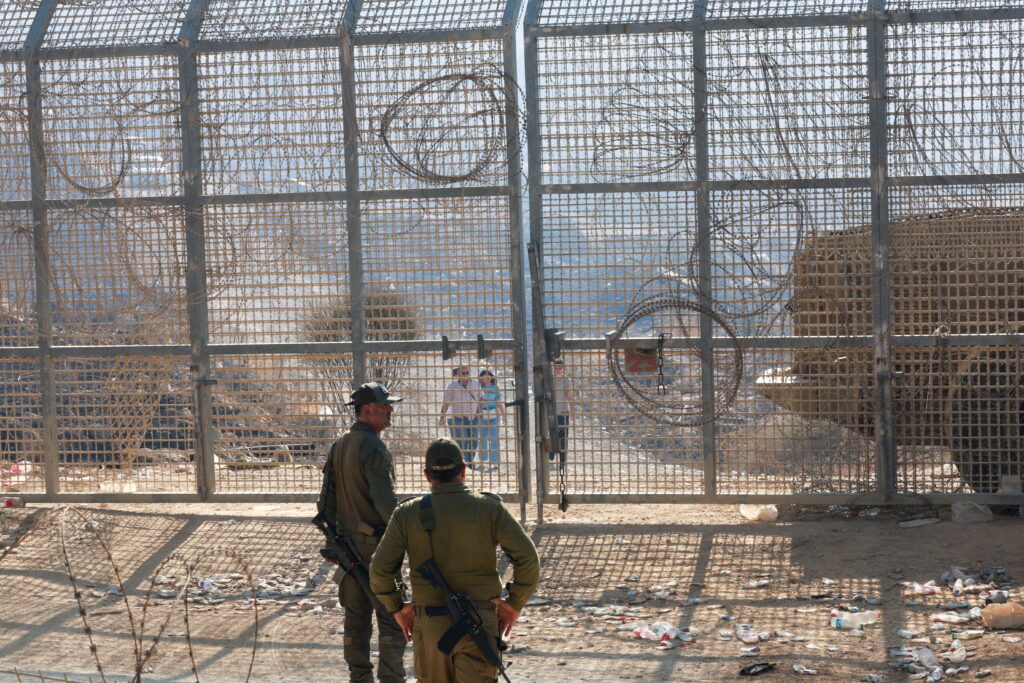Since the beginning of the Russian troops’ full-scale invasion of Ukraine, one could often hear discussions of the nation’s collective responsibility. Why didn’t Russians come out to protest, why didn’t they overthrow Putin? Does that mean they supported the war? With few exceptions, such reasoning came to invariably indictable conclusions. At the same time, social and political scientists tend to avoid blaming the subjects of dictatorships for the actions of the dictators themselves. It is even less likely to find scholarly texts trying to diagnose a population that hesitates for a long time, avoiding confrontation with an autocrat.
A study conducted by the Public Sociology Lab (PSLab) on Russians’ attitudes to the ongoing war seeks to fill this gap between popular narratives of condemnation and neutral scholarly conclusions. In particular, it demonstrates how Russians perceive war and mobilization, whether they see themselves as instigators or accomplices, and whether they want peace. Spoiler: The analytical report on which this text is based is titled «Accepting the Inevitable.»
Responding to the Invasion
Researchers who study protests — regardless of the country or historical period — argue that a decline in the standard of living or morally deplorable government actions are not sufficient prerequisites for starting a protest. Besides changes in living conditions, a subjective sense of opportunity plays a key role in the decision to protest. Simply put, in order to take to the streets, people must have a sense that the protest has a chance of succeeding. Have the Russians ever had this feeling since the beginning of the full-scale invasion or mobilization? No, they have not.
The most common reaction to the invasion was shock, fear, and confusion — feelings that engulfed even those who are commonly referred to as supporters of the war. Such reactions are primarily due to how the decision to unleash hostilities was completely outside the control of the population. Although today part of Russian society expresses their endorsement of the war, in fact, no one has ever asked these people for their consent and endorsement. Moreover, according to recent polls, 40% of Russians would support a decision to withdraw troops. By comparison, in March 2022, only one-third of Russians would have supported aborting the so-called «special operation.» However, the authorities could not care les about the public opinion, and Russians are perfectly aware of this. For example, after the start of the invasion, PSLab sociologists asked informants about their attitudes toward anti-war rallies. Some of their reasoning on the part of the respondents predictably referred to the clichés of the protestors supposedly «rocking the boat» and «being paid by the West.» Meanwhile, however, even those who openly support the war argued that the protests were futile and pointless. The government, they said, doesn’t care about anyone’s opinion, so «watch out for yourself». In other words, Russians, even those who agree with the government and support it, have a strong sense of lacking any agency in whatever is going on. Admittedly, this feeling pretty accurately captures the reality the country has been living for the past 20 years.
But what can be said of those who did protest at the beginning of the war? Do the 20,000 arrests for anti-war protests disprove the «subjective sense of opportunity» theory? No, they do not. The PSLab interviews show that protesters took to the streets not because they truly believed it could achieve something, but because they simply could not stay home and do nothing, they were unable not to protest. In fact, both protesters and those who stayed home view the state in roughly the same way. Protests were fueled by moral rather than a pragmatic imperative. Not surprisingly, they were smaller than the Maidan, which took place amid real political uncertainty. The protesters we saw on the streets in February-March 2022 and continue to see every day in OVD-Info reports are not some freak adventure-seekers. Nor are they fools who miscalculated the consequences. The proverbial «window of opportunity» was slammed shut for the protesters just like it was for everyone else. The only difference between them and other citizens was that without trying to break that window, the protesters would have felt worse than they do now, although today they are facing fines, criminal charges, and injuries sustained from police beatings.
Reaction to mobilization
The onset of mobilization produced different expectations about the protests. Some thought that Russians would swallow this decision of the authorities as they did others before, referring to the perennial «slave mentality.» Others hoped that Russians would put up serious resistance, because the government had transgressed the previously unshakable boundaries of private life and stepped into the private realm. The reality was something in between. On the one hand, there were no major mass protests, with the notable exception of Dagestan. On the other hand, there were more and more cases of arson attacks on military recruitment centers, the «rail war» continued, and there was even an attempt on the life of a military commissar. At the same time, following the onset of mobilization campaign, around 700,000 people hastened to leave Russia.
But what can be said about those who stayed in Russia and did not join the protests and acts of sabotage? As part of their fall study, PSLab sociologists interviewed more than 60 men who are not opposed to the war. The researchers did not call them «supporters of the war», since these informants criticized many aspects of the current warfare. The findings show that the majority of respondents regarded mobilization and the possibility of being drafted as something unavoidable. The most common reaction, according to the informants themselves, was fatalism, passive acceptance of one’s fate.
Fatalism, like any subjective feeling, is closely tied to objective conditions of social being. Although it is difficult to fully agree with Marx’ dictum that «social being determines consciousness», it is not all that difficult to find the link between Russian fatalistic discourses on the one hand, and the political regime and the economic situation on the other. What lies at the core of this fatalism? First of all, it is the feeling that the blitzkrieg has failed. The protracted nature of the war made the decision to roll out mobilization inevitable in the eyes of Russians: fighting could potentially spill over into Russian territory. In that case, say PSLab informants, there’s no way out anyway. Second, not everyone can afford to «go into hiding» in Russia or «flee» abroad: many people simply do not have the financial means to do it or are burdened with family obligations and other duties. Indeed, as sociological studies show, Russians who have left are usually younger, wealthier, and more educated than those who have stayed in the country. Third, as we have mentioned earlier, Putin’s regime is a dictatorship. Even disregarding the Kremlin’s sophisticated propaganda, it is clear that in authoritarian regimes, a sense of agency will yield to a sense of fatalism. It is therefore not surprising that when speaking of mobilization, many informants use the word «fate,» and there is no escaping fate, as we know it.
At the same time, fatalism is not the only reaction to mobilization. Often informants speak of a sense of «duty» to the country, which — again, due to the failure of the Blitzkrieg — is allegedly in danger. Speaking of «duty» and, consequently, of their unwillingness or inability to avoid mobilization, informants consistently emphasize their unwillingness to participate in the war. The two most common excuses are «I don’t want to kill anyone» and «I am unlikely to be useful on the battlefield.» Thus, the sense of duty is perceived as burdensome rather than uplifting.
Conclusion: How do Russians think about politics?
Social scientists and journalists are used to formulating questions to their informants that start with «do you support???» It is clear that in authoritarian regimes, informants tend to give answers that conform the «party line.» More productive is the question of what politics/war/mobilization means to the population. PSLab research shows that Russians’ attitudes toward war and mobilization are hardly marked by any sense of enthusiasm. To those surveyed, politics is something distant, far removed from their lives and beyond their control: the war happened because someone above knows better, mobilization started because it is inevitable in a long war. Therefore, it is impossible to have a personal attitude to these, almost natural, phenomena, they are much like rain or snow: we do not condemn the rain, we hope that it will soon be over.
Treating political phenomena as natural ones is well explained by the theory of the depoliticization of Russian society that has been developing since the Bolotnaya protests. The regime went out of its way to shield citizens from politics through repression, cuts in social spending, and propaganda. Now that the government has encroached upon the boundaries of private life by rolling out mobilization campaign targeting private citizens and their loved ones, and forcing them to either leave the country or donate part of their salaries to support the war, society has proved unable to resist any of that. Even small (in comparison with the scale expected of them) protests do not overcome fatalism. Protesters take to the streets in full knowledge that they have little chance of making any difference whatsoever. The fatalism espoused by the supporters of war, its opponents, and the undecided ones will only subside once the regime that has nourished this sense of helplessness and fatalism loses power.










